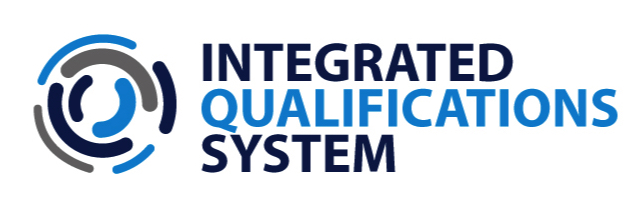The policy of lifelong learning
Lifelong learning is a concept, which makes it possible for individuals, societies and countries to face contemporary challenges, such as rapid technological development, globalisation process as well as socio-economic and cultural changes.
In Poland, the implementation of the concept of lifelong learning is the task of the Ministry of National Education, which is responsible for the policy in terms of the Prospect of Lifelong Learning based on the following:
- focusing on learning outcomes and acquisition of qualifications,
- appreciation of learning at every stage of life,
- assessment and confirmation of learning outcomes regardless of how or where the knowledge has been acquired,
- effective investment in the learning process,
- confirmation of gained qualifications according to the requirements of the labour market,
- facilitation of the flow of employees among various sectors of the economy and among EU states.
The policy is put into practice through the measures undertaken by the Educational Research Institute (ERI) with the use of such tools as the Integrated Qualifications System (IQS) and the Integrated Qualifications Register (IQR).
The concept of lifelong learning and its benefits
The concept of lifelong learning assumes increasing one’s qualifications and acquiring additional knowledge after the completion of the formal education. This can be achieved by participating in courses and training as well as individually, e.g. by watching how-to videos and reading books. The concept refers to all fields of knowledge and areas of activity. In practice, lifelong learning leads to increasing one’s capabilities and by the same token increasing one’s attractiveness and value on the labour market or, in the case of individuals who are thinking about changing their job or would like to return to the labour market after a long absence, enables learning new skills and finding employment in another sector or industry. Due to the high pace of economic changes, the functioning and implementation of the concept of lifelong learning has become crucial for the correct functioning of the labour market. As the automation of labour progresses, new technologies emerge and social changes take place, some professions are slowly dying out or becoming increasingly niche and are being replaced by new ones. According to the Attention Marketing Research, 60% of people who will have entered the labour market by 2025 will work in a profession which has not been invented yet. For this reason, your diploma and education are not the only factors taken into consideration during a recruitment process. What also matters is your willingness and aptitude to learn, your ability to deal with new challenges and to think outside of the box, which means being familiar with the concept of lifelong learning.
Benefits of the the concept of lifelong learning:
- increased chances of getting a better position on the labour market and consequently better prospects for professional development and higher income,
- improved social prestige and quality of life,
- higher life satisfaction thanks to gaining new knowledge and skills, particularly due to the possibility of having them confirmed,
- supporting professional activity of people of all ages,
- finding a job in another sector or industry as well as gaining new qualifications is easier,
- contributing to the economic growth of the country.
Implementation of the concept of lifelong learning through the IQS
The creation of the Integrated Qualifications System has made it possible to put the policy of lifelong learning into practice. An important advantage of this tool is that it offers the chance to have your knowledge and skills confirmed regardless of how they have been acquired. This means that competences can be gained through non-formal (courses, training) and informal education. It is a major advantage for individuals who prefer learning by themselves and an additional source of motivation for such people. The introduction of validation of learning outcomes, i.e. an official confirmation of the possession of relevant knowledge and skills, offers equal chances in terms of gaining and recognizing qualifications. In line with the objectives of the IQS, each qualification must have a detailed description of the skills necessary for its attainment, its potential use and the demand for it; this way the person thinking about undergoing validation can assess his/her competitive power on the labour market at the time of attainment of the qualification.












